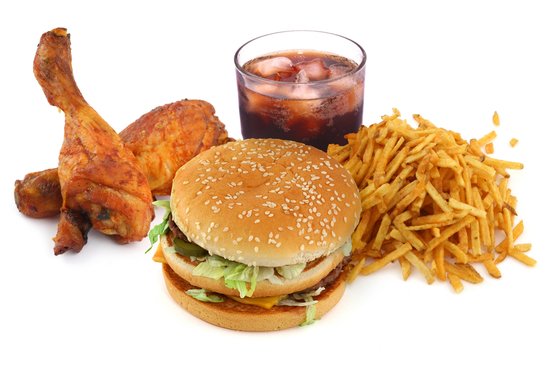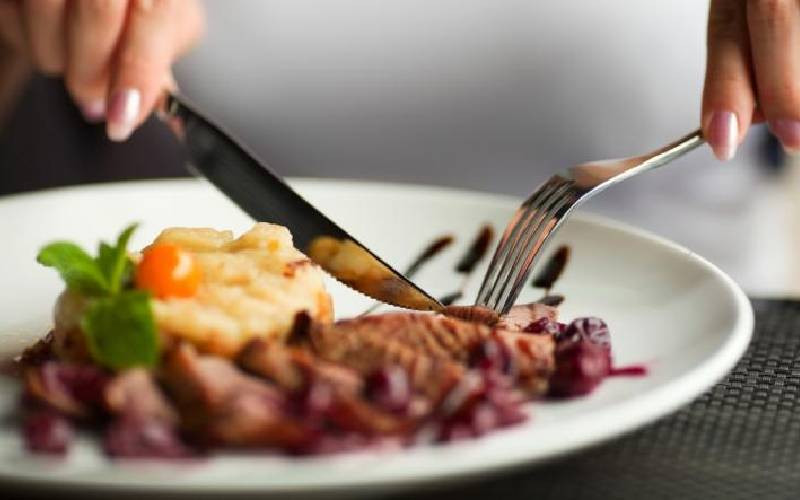In this age of big advertising budgets, children can easily be swayed into thinking junk food is cool. Attractive packaging and alluring brand names all give a false sense of inviolability.

How then do we protect our children? How best do we help them in making right choices all the time?
A young parent once told me that certain foods and drinks were banned in his house and that his two children aged three and five have never tasted foods and drinks he deems unhealthy. He had never told his children a detawhy he had banned such foods and drinks.
The only explanation such children may get are in the general line of the foods being unhealthy and that they will make them sick.
Parents forget the young ones are constantly bombarded by these foods through advertisements. Also, they see others eating them and do not fall sick. When you are too restrictive on a child’s diet, they may form a negative association with meals offered at home — wanting something to eat, and not getting can affect children emotionally and make them dislike most, if not all meals served at home.
This could lead to your children adopting coping mechanisms and becoming sneaky eaters by getting the foods they want either from the neighbours, or by exchanging their snacks with other children at school.
Keeping certain foods away from your child might only make them attracted to these forbidden foods. As they grow older and become less dependent of their parents, this kind of control can impact their food selection and intake.
The foods that they were banned from eating might feature more frequently, and in large portions, in their diet as they grow older. With unfettered access, they might over-indulge and that can lead to obesity and other lifestyle illnesses like diabetes and hypertension. Allowing reasonable and structured access to these foods can help your child learn to consume them in moderation. Banning the food at home does not necessarily mean that your children never consume them.
As parents, we have the responsibility of teaching our children healthy eating habits. Instead of forbidding them, set good examples and be a role model.
Empower them to make healthier choices without making them feel like they are being forced to eat or not to eat certain foods.
Provide guidance and clear explanations as to why certain foods should not be consumed regularly. Consider the children’s perspective, reinforce positive dietary habits, give and receive feedback in order to help children grow up knowing how to make healthier choices.
The writer is a Nutritionist and Wellness Consultant at Afya Bora Nutrition & Wellness Centre. 5th Ngong Avenue. 5th Avenue Office Suites. Suite 16.
 The Standard Group Plc is a
multi-media organization with investments in media platforms spanning newspaper
print operations, television, radio broadcasting, digital and online services. The
Standard Group is recognized as a leading multi-media house in Kenya with a key
influence in matters of national and international interest.
The Standard Group Plc is a
multi-media organization with investments in media platforms spanning newspaper
print operations, television, radio broadcasting, digital and online services. The
Standard Group is recognized as a leading multi-media house in Kenya with a key
influence in matters of national and international interest.
 The Standard Group Plc is a
multi-media organization with investments in media platforms spanning newspaper
print operations, television, radio broadcasting, digital and online services. The
Standard Group is recognized as a leading multi-media house in Kenya with a key
influence in matters of national and international interest.
The Standard Group Plc is a
multi-media organization with investments in media platforms spanning newspaper
print operations, television, radio broadcasting, digital and online services. The
Standard Group is recognized as a leading multi-media house in Kenya with a key
influence in matters of national and international interest.









